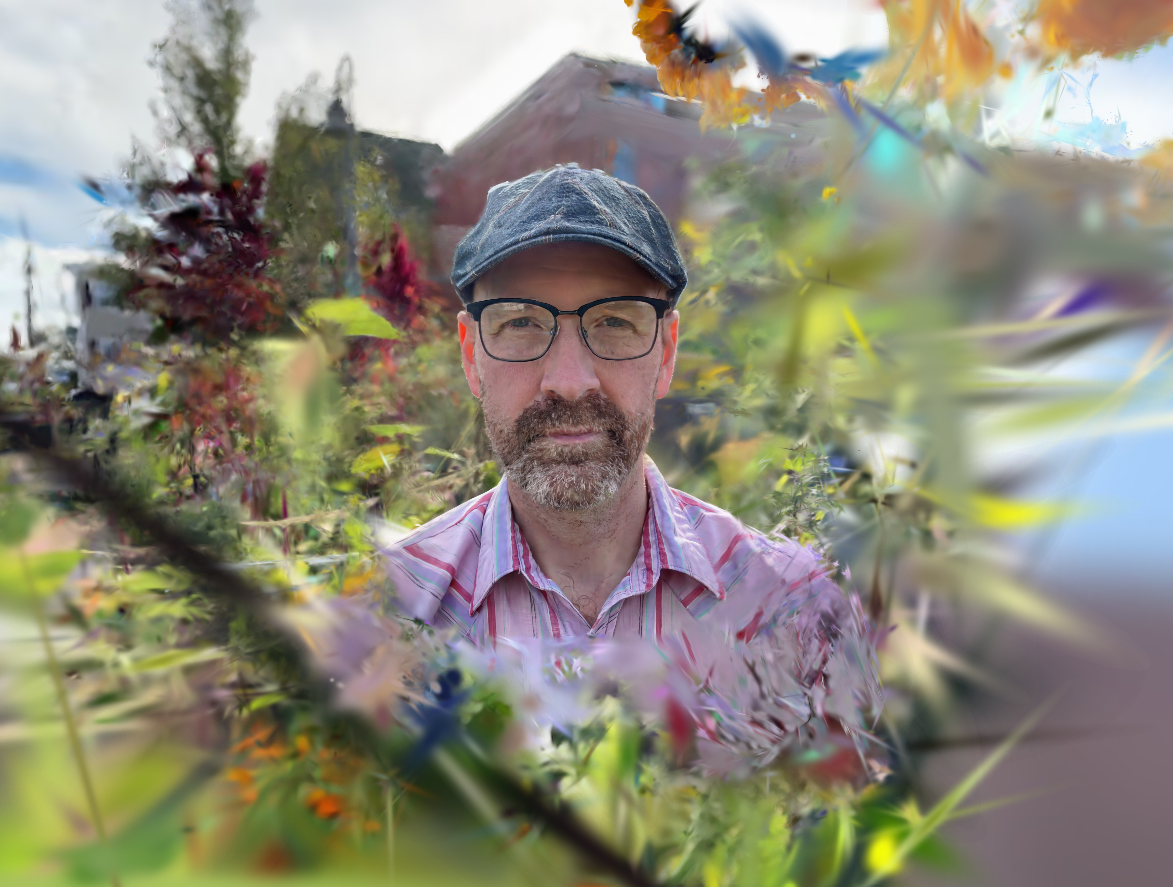Slope Editions is excited to announce the winner of this year’s book prize—Jon Woodward’s Want for Nothing
Selected by Ariana Reines
Want for Nothing will be published by Slope Editions in Early 2026
Of the book, Ariana Reines writes:
“Want for Nothing is an inventive and compulsively readable book about what is happening to language—or what consciousness feels like, these days. Woodward's caesurae form and forge synaptic leaps: his poetry is somehow neopastoral; it is inventive and even innovative for how it moves relentlessly forward while– somehow– meditating. It testifies to the felt-everywhere-these-days sense that sincere speech is impossible, that the power in bearing witness has drained away. Woodward’s lines do something new—very difficult to do—with its own music: his poems make poetry feel new. There is something dazzling and gently, even dangerously, elegiac about the way its imagery arises and cancels itself out. I could name antecedents for Woodward: Ashbery, sure, and for that matter, Whitman, but its nearest relative might be Williams, especially the Williams of Spring and All. The task this book has set for itself, it seems to me, is aligned with that American poetry since Modernism: to make the language feel alive, to spark a sense of awakeness in the reader, to sharpen her senses and tune her attention to what is happening—springing to life—and death—right now. To make her mind feel new.”
Jon Woodward's books include Rain, Uncanny Valley, and The Amber in Ambrose. His chapbooks I'm I'm (2024) and POOLGOER and SPELEOGRAPHER (2022) were published by The Economy Press, as was a chapbook of his translations of Brazilian poet Nicolas Behr (entitled mirror-city). He lives in the Boston area with his wife Sam and works at the Harvard Museum of Comparative Zoology.
Slope Editions also congratulates Isabel Sobral Campos, whose manuscript Place a Rock Beside the Water was selected by Ariana Reines as a runner-up for this year’s contest.
Reines writes:
“[Campos’s] diction recalls Celan, Cesaire, and in some sense even Plath and Jabes. She writes the poetry of witness to an ongoing catastrophe that it is almost impossible to speak of, because its very reality destroys the ebullience and play at the root of poetry: language is cauterized; vision and soul mutilated. She has written the poetry of witness without cliche, without turning what she sees into the story of her own suffering to have to see it.”
Look out for work from Isabel Sobral Campos coming soon!
